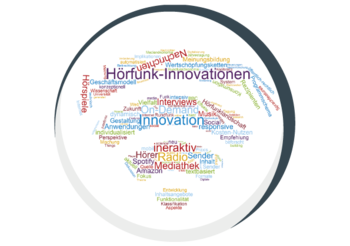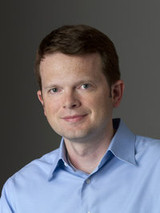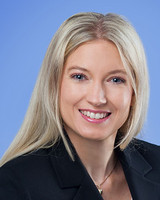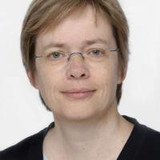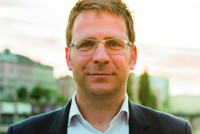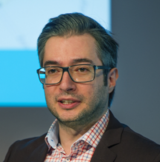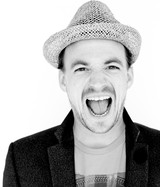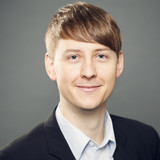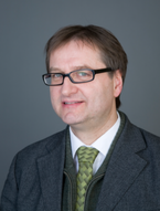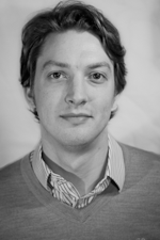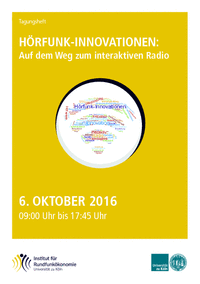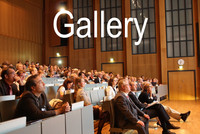At this year’s conference of the Institute for Broadcasting Economics we expect about 100 attendees form the industry and science.
Combining traditional broadcast radio with the Internet leads to innovative applications – reaching from on-demand media, dynamic non-linear radio programs, increased variety of interactivity between broadcaster and listener, specific targeting of interest groups, flexible forms of mobile consumption up to individualized and “responsive radio”. Especially in the field of music program arrangement, innovative functionalities and use patterns have already been successfully implemented, well-known examples include Spotify and Amazon Prime Music.
This year’s conference of the Institute for Broadcasting Economics, Germany, addresses current and trendsetting innovations from the application and innovation perspective in the realm of radio. Thereby we focus less on individualized music recommendation systems, as those have already been explored quite intensively. Instead, we trace the challenges of speech-based radio (e.g. features, interviews, news, radio play etc.). Yet, this is an important, but rarely considered, innovation field in science and practice.
In addition to the conceptual foundations, we will cover challenges and implications of interactive radio. This includes questions of dynamic, individualized and partially automated program management, creation of new formats, finding the optimal mix of speech-based and music-based content, the design of context-based recommender systems, the classification of content, the establishment of social media as a source for radio content, and the impact of such innovations on the radio landscape in general and in particular on (new) business models, value-added services, recipients, and content providers. We will also discuss cost and benefit aspects on a societal level, e.g. conflicting effects on the diversity of content and therefore –potentially– also on the public decision and opinion making process in context of individual and interactive radio innovations.
We currently acquire innovative protagonists, such as: Bayerischer Rundfunk/BR (Germany), NPR Digital Media (USA), BBC (UK), Deutschlandradio/DR, Soundticker, Südwestdeutscher Rundfunk/SWR, …
The conference programme will be published soon.

